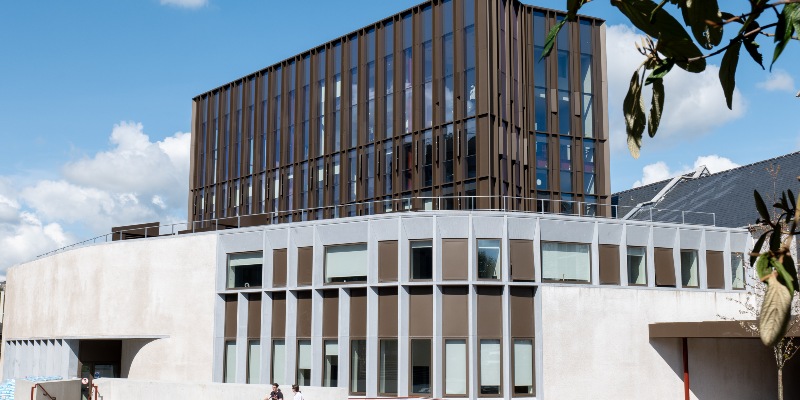In This Section
UCC commitment to lifelong learning recognised by UNESCO

- University College Cork is the only European case study in UNESCO international report on lifelong learning
- Authors say case studies “demonstrate a strong commitment towards lifelong learning, and a track record of implementing it”.
- UCC’s lifelong learning programme drives UNESCO’s commitment to leave no one behind
The work conducted by University College Cork’s (UCC) centre for adult education has been highlighted in a UNESCO report on international research into lifelong learning.
The Adult Continuing Education (ACE) programme at UCC was selected as the sole European case study to feature in the ‘Institutional practices of implementing lifelong learning in higher education’ report, with just six Higher Education Institutes (HEI) from around the world highlighted.
The authors of the UNESCO report said to feature in the report, a HEI had to “demonstrate a strong commitment towards lifelong learning, and a track record of implementing it.”
The commendation features in a report based on a global survey of university practices in lifelong learning conducted by the UN body. It analysed responses of universities in all regions of the world to global societal challenges and changes in the labour market. Universities are being called on to respond to issues like inequality, climate change, and demographic shifts while also adapting to digitisation, globalisation, and the lingering impact of the Covid-19 pandemic.
Six universities that demonstrate best practice in meeting these challenges feature in the report, which were launched in Hamburg this week. University College Cork features together with Universidad Nacional del Litoral (Argentina), Université de Montréal (Canada), East China Normal University (China), Saint Joseph University of Beirut (Lebanon), and Ndejje University (Uganda).
These institutions were chosen based on their commitment to lifelong learning based on the results of a global survey and a follow-up detailed interrogation of the practices in each institution. The second phase included examination of all the programmes and practices at UCC as well as interviews with the institution’s leaders, including its president, Professor John O’Halloran.
The UNESCO report highlights how the selected institutions implement lifelong learning within their unique contexts, taking into account factors such as resources, policies, and socio-political environments. The strategies, approaches, and policies of each institution are analysed, highlighting their distinct contributions to lifelong learning in higher education. It emphasises that each of the selected universities all demonstrate advanced integration of lifelong learning despite challenges and limitations.
UCC, through its ACE centre supports 3,000 adult learners annually. It reaches students in all contexts and levels, including introductory programmes for people engaging in university education for the first time, in practically all disciplines, through all kinds of qualifications up to masters level. Every kind of learner including dairy farmers working to mitigate climate impacts, community leaders, industry leaders, those dealing with trauma, mental health, disabilities to highly specialised professional development.
It is active from city neighbourhoods, to areas fighting rural depopulation, to global corporations. It provides part-time education across the whole spectrum of need, using all modes of learning, including face-to-face classes, online courses, and blended learning. It puts an emphasis on the UNESCO goal of leaving no one behind, thus ensuring the inclusion of marginalised groups such as minorities, migrants, refugees, and people with disabilities as well as championing gender equality.
Dr Séamus Ó Tuama is Director of ACE, said its success was down to a whole-of-university approach.
“The key strength of UCC’s lifelong learning project is that it is supported by all four Colleges of the university. Also through ACE’s partnership approach every course includes engagement with stakeholders outside the university and has especially deep connections with Cork UNESCO Learning City,” he said.
Although ACE has seen significant funding growth through the Irish government’s Springboard+ programme and its own professional development and industry-oriented programmes, there are still significant challenges. The UNESCO report highlights affordability obstacles for underrepresented and vulnerable groups. This is mitigated to some extent by ACE’s own scholarships and financial assistance to asylum seekers, refugees, and students facing financial difficulties, but it does not have the resources to reach all the learners that want to take its courses.
